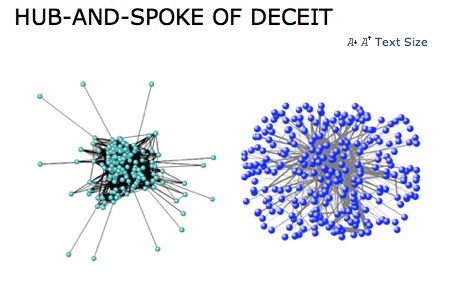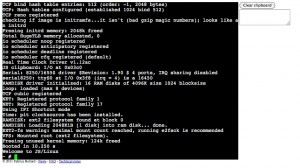From the University of London’s web site.
About the New College of the Humanities
The University is aware of the intention of the New College of the Humanities NCH to provide tuition to students of the University of London International Programmes. There is no formal agreement between the University of London and the NCH concerning academic matters. As with any other Independent Teaching Institution, a dialogue will be maintained about when to apply for recognition under the Institutions Policy Framework, but normally a track record is required. To avoid any confusion, it should be made clear that NCH is not, and will not be, a part of the University of London. Meanwhile it is legitimate for NCH, as an entirely independent institution, to provide tuition to students of University of London International Programmes as other institutions in London and around the world do. These students’ applications for registration for degrees would be made individually with the University of London International Programmes.
No agreement has been concluded as yet regarding access to the Senate House Libraries by NCH students, but financial terms exist for the payment of fees for access by any students of University of London International Programmes and this would, of course, apply to students of NCH. The position is similar for the University of London Union, and it should be noted that all students of the University of London International Programmes are eligible for associate membership for a payment of £20 per annum, but are not eligible to compete competitively in University sports teams.
Quite so. Just in case there might be any misunderstanding, m’lud.
Thanks to Doug Clow for spotting it.

